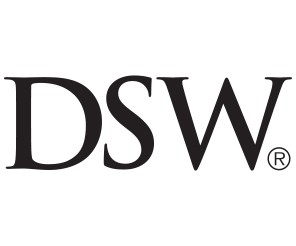US Markets Loading...
h
m
s
The 'peak boomer' crisis might only get worse
If you know your priorities, you can take proactive steps with your savings and investments to make sure your retirement will meet your needs.
I visited Scottsdale, Arizona, to see why it's attracting millionaires
Business Insider's reporter went to Scottsdale, Arizona, to find out what's attracting millionaires, from booming business to desert views.
A NATO country is refusing to give Ukraine its Patriots because it says it needs them for itself
Greece's prime minister said his country can't hand over its Patriot air-defense systems to Ukraine because it needs to protect its own airspace.
Critics are calling Luca Guadagnino's sexy tennis drama 'Challengers' the 'horniest movie of the year'
Luca Guadagnino's new film starring Zendaya centers on three tennis players caught in a love triangle. Here's what critics are saying about the movie.
Video
New Episodes This Week
Reid Hoffman interviewed his AI deepfake and it was pretty convincing
LinkedIn cofounder Reid Hoffman talked AI regulation, blitzscaling, and Seinfeld with his own deepfake — which also spoke in Klingon.
I tried Gordon Ramsay's recipe for air-fryer steak, and I got a perfect result in 20 minutes
I tried Gordon Ramsay's recipe for cooking rib-eye steak in an air fryer. I'm convinced this is the best, easiest way to cook steak in an air fryer.
A couple that grew their portfolio by $4 million in 11 years explain how they invest their money, including the individual stocks they own
Before Carl and Mindy Jensen discovered the FIRE movement, they didn't know what index funds were. Now, it's a core part of their investing strategy.
I'm a high school senior who commutes an hour by train to school every day. It's helped prepare me for the real world.
A high schooler takes the New Jersey Transit to school every day for the past four years. The commute taught him how to be independent.





